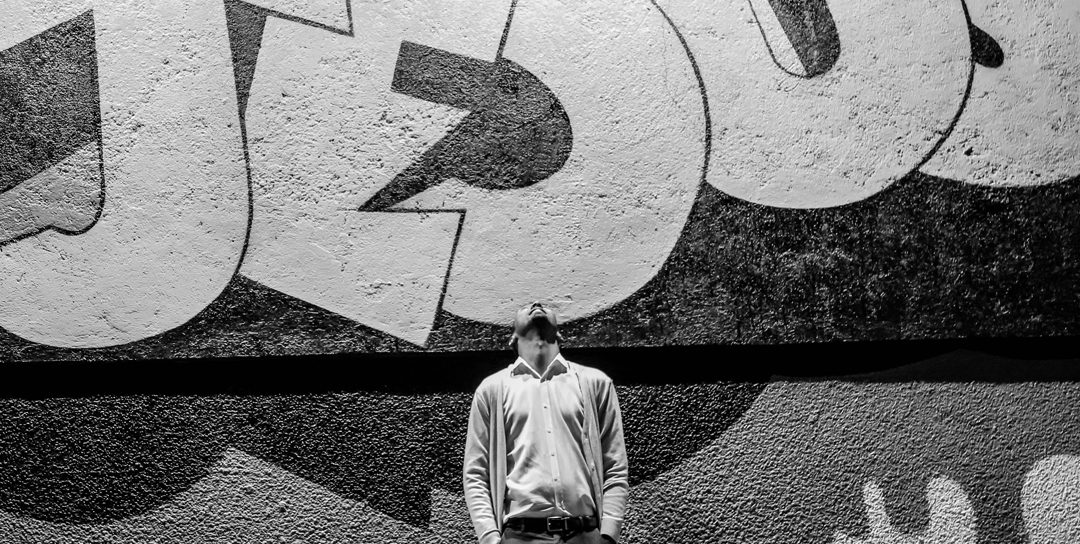I will never become jaded like them.” I had just started working as a part-time tutor for an after-school program in the largest public housing project in New York City. I was filled with idealism and dreams of transforming the lives of the inner-city youth in the program. But as I got to know some of the other staff in the program, I was discouraged to find that most of them did not share my optimism.
Some of the staff had grown up in the projects themselves and had seen too many examples of kids who showed promise, but for a variety of reasons, fell into the same negative patterns as their peers. I vowed that I would never become jaded like them. I would retain my optimism and hope.
Six months later, I found myself dreading going into work and doubting whether our program was making any difference in the lives of the youth we served. Later that year, a new program director was hired, who brought new ideas and the same optimism I had started with. I joked with the other staff about the new director’s idealism, and how long it would take for her to lose it. And suddenly, I realized that I was now one of the jaded staff I had vowed I would never become. My earlier judgment against the staff now applied to me as well.
Reading the Gospel accounts leading up to Jesus’ crucifixion, it might be easy for us to judge the actions and attitudes of many of the key players. The chief priests and religious leaders in Jerusalem are filled with jealousy and threatened by the exalted claims of Jesus. Judas is willing to betray his rabbi for thirty pieces of silver. The crowd is easily swayed to demand the release of Barabbas and call for Jesus to be crucified. Pilate caves to the demands of the crowd, although he knows he is sentencing an innocent man to death.
It is easy for us to distance ourselves from these people, to think that we would have acted differently. Like Peter objecting to Jesus’ prediction of his denial, we often see ourselves as the exception to the rule. We criticize those on the other side of the political spectrum, while turning a blind eye to the faults of those we agree with. We rail against certain societal sins, while defending our personal idols when they are threatened. We boil with anger against the faults of our spouse, children, parents, or siblings, while downplaying our own failures. Self-righteous indignation and outrage feel so good because our sinful hearts want to play God by condemning others and justifying ourselves.
But then there are moments when our judgment ricochets back at ourselves. The classic biblical example is from 2 Samuel 12, when the prophet Nathan tells King David about a rich man who took the one lamb of a poor man. David burns with anger at this injustice, until Nathan delivers the zinger: “You are the man!” Suddenly David’s eyes are opened, and he responds, “I have sinned against the Lord.”
When I realized that I had become just as jaded as the staff I had earlier condemned, and then recognized I was again passing judgment, but this time on the optimistic new director, I had a King David moment. My self-righteousness was exposed. Like the crowing rooster that revealed Peter’s failure to live up to his promise of complete devotion to Jesus, God’s Law pronounced the verdict against me, “There is no one righteous, not even one” (Romans 3:10).
What did I deserve for my hypocrisy and contemptuous attitude? I certainly didn’t deserve to continue working as a tutor in a program that I didn’t believe in, under a director I had dismissed. I deserved to be replaced, to be removed from my position. Peter deserved to lose his place as a disciple of Jesus because of his denial. King David deserved the judgment he had pronounced upon the rich man in Nathan’s parable—death. And the Apostle Paul declares to sinners, including you and me, “the wages of sin is death” (Romans 6:23).
But right in the heart of the crucifixion account, Jesus—as he is surrounded by deniers, betrayers, fickle crowds, spineless rulers, and jealous priests—cries out, “Father, forgive them, for they do not know what they are doing” (Luke 23:34). Jesus speaks a word of mercy to a world of unrighteous sinners desperately trying to justify ourselves. And as he speaks that word from the cross, we see him securing our justification by taking our place.
Despite my cynical attitude, the new director of the after-school program extended a hand of mercy to me. She invited me and the other staff to help shape her new ideas. She patiently listened to our frustrations and doubts. She bore the weight of our pessimism and discouragement. And as she continually extended grace to us, it melted our cynicism. Hope was rekindled in our hearts as she absorbed our hopelessness.
Jesus reinstated a hopeless Peter, calling him to shepherd his sheep, despite his failure. Nathan declared that King David would not die, because the Lord had taken away his sin. And we, who have earned the deathly wage of our sin, are instead given the free gift of eternal life, for our Savior has taken the wage we deserved in our place.
Rev. Andy Olsen is Pastor of 59th Street Lutheran Brethren Church in Brooklyn, New York.

